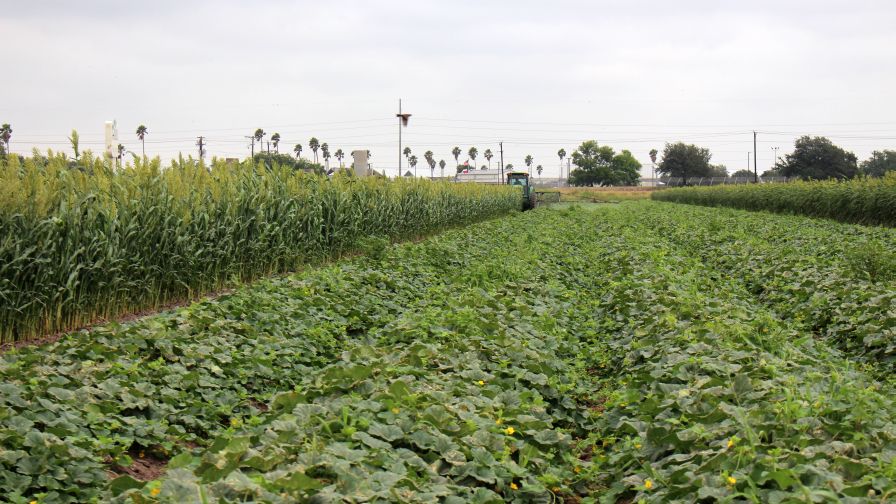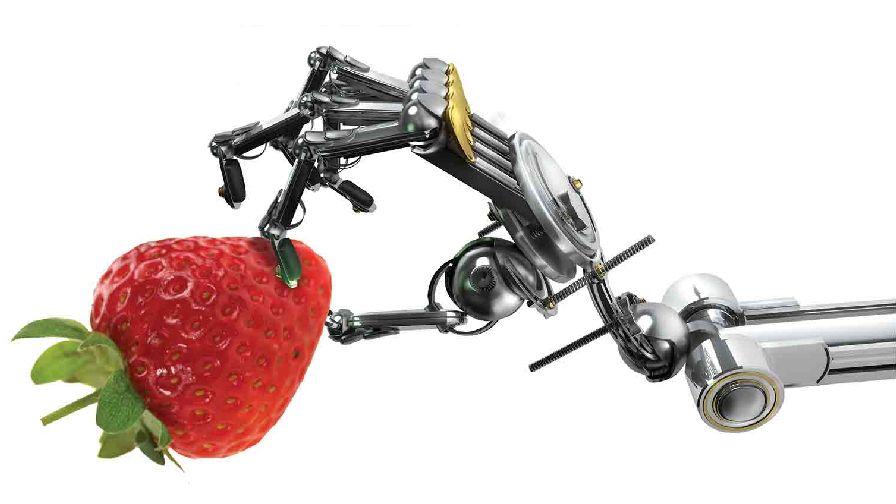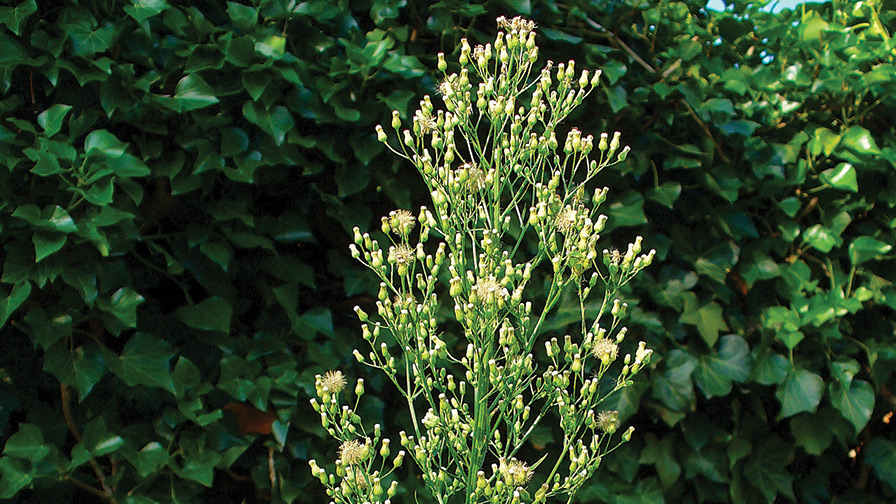Blueberries Coated In Leaf Extracts Have Longer Shelf Life
An Oregon State University (OSU) researcher has helped discover a substance in blueberry leaves — which are usually wasted — that can be added to berry coatings, extending their shelf life while adding antioxidants.
Working with an international team of scientists in China, OSU food scientist Yanyun Zhao found that an edible coating containing blueberry leaf extracts helped delay decay and retain water, which slowed down their natural deterioration. The extra weight could also mean extra cash for growers, because blueberries are often sold by volume.
The natural coatings can allow fresh blueberries to be washed and prepared as ready-to-eat products. Most blueberries in stores are unwashed because rinsing them removes their natural waxy coating that preserves the fruit.
“Normally, blueberry leaves fall to the ground as waste,” said Zhao, a food science and technology professor in OSU’s College of Agricultural Sciences. “We’ve discovered a use that can change how the berries are stored, sold, as well as increasing their nutritional value.”
Blueberry leaves, which have been used as an herbal remedy, contain high levels of antioxidant phenolics — chemical compounds with antimicrobial properties that protect against fungi and bacteria, such as E. coli and Salmonella.
To create the coatings, researchers mixed these phenolic extracts with chitosan, a natural preservative that comes from crustacean shells. OSU tested coatings made from leaves that were picked at different stages of berry maturity, and leaf extracts were formulated into five different coating treatments based on varying levels of phenols.
Blueberries were dipped in the liquid coating and then dried at room temperature to form dried coatings. Nozzles can also spray the coatings on the surface of the berries as they pass by on a conveyor belt, according to Zhao, a value-added food products specialist with the OSU Extension Service.
Coating the blueberries will add to their cost, she said, although it’s unclear how much.
The research was conducted in collaboration with scientists in China, including Yun Deng, at Shanghai Jiao Tong University at the school’s Bor Luh Food Safety Center, and published in the journals of Food Control and Postharvest Biology and Technology.
Source: Oregon State University









